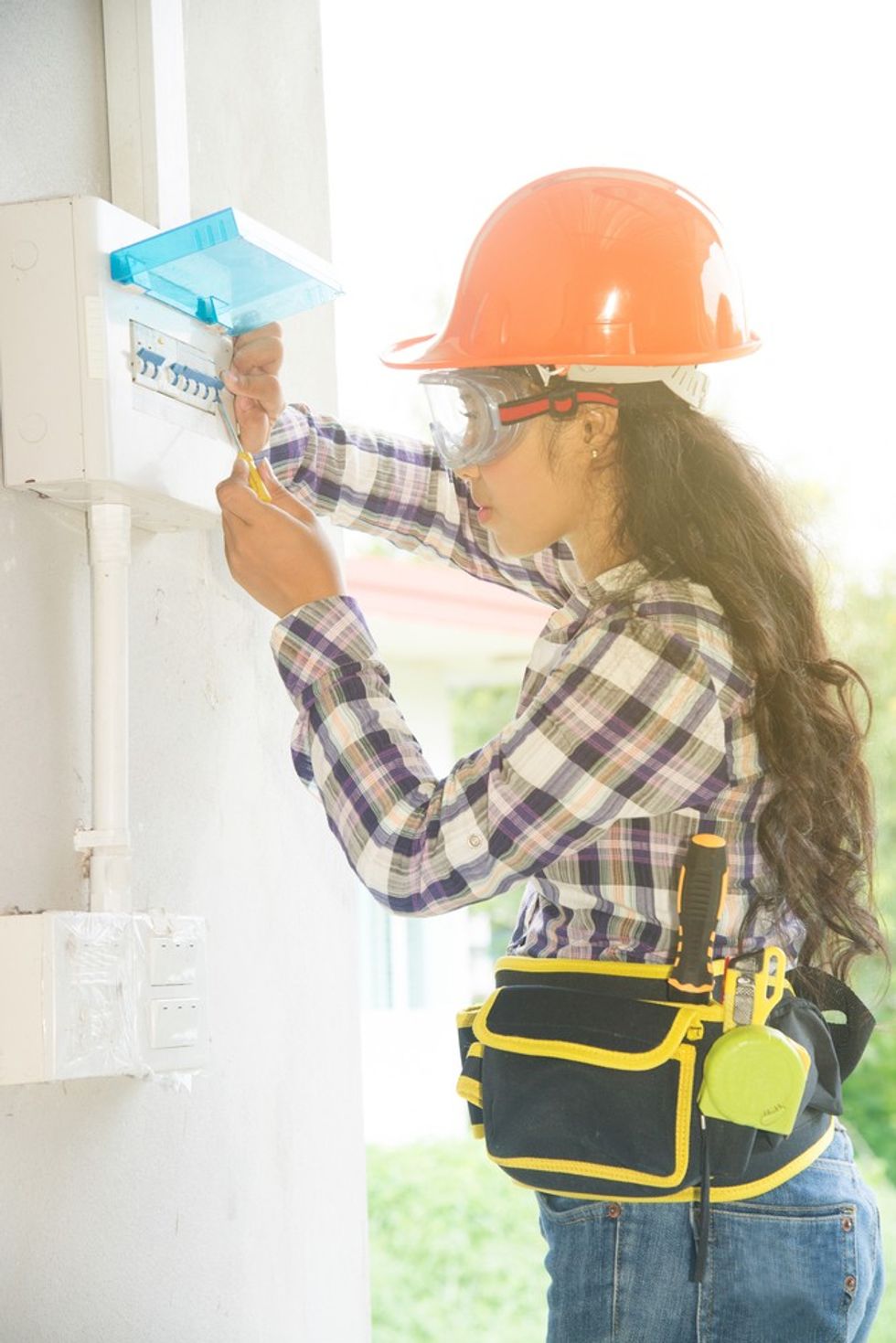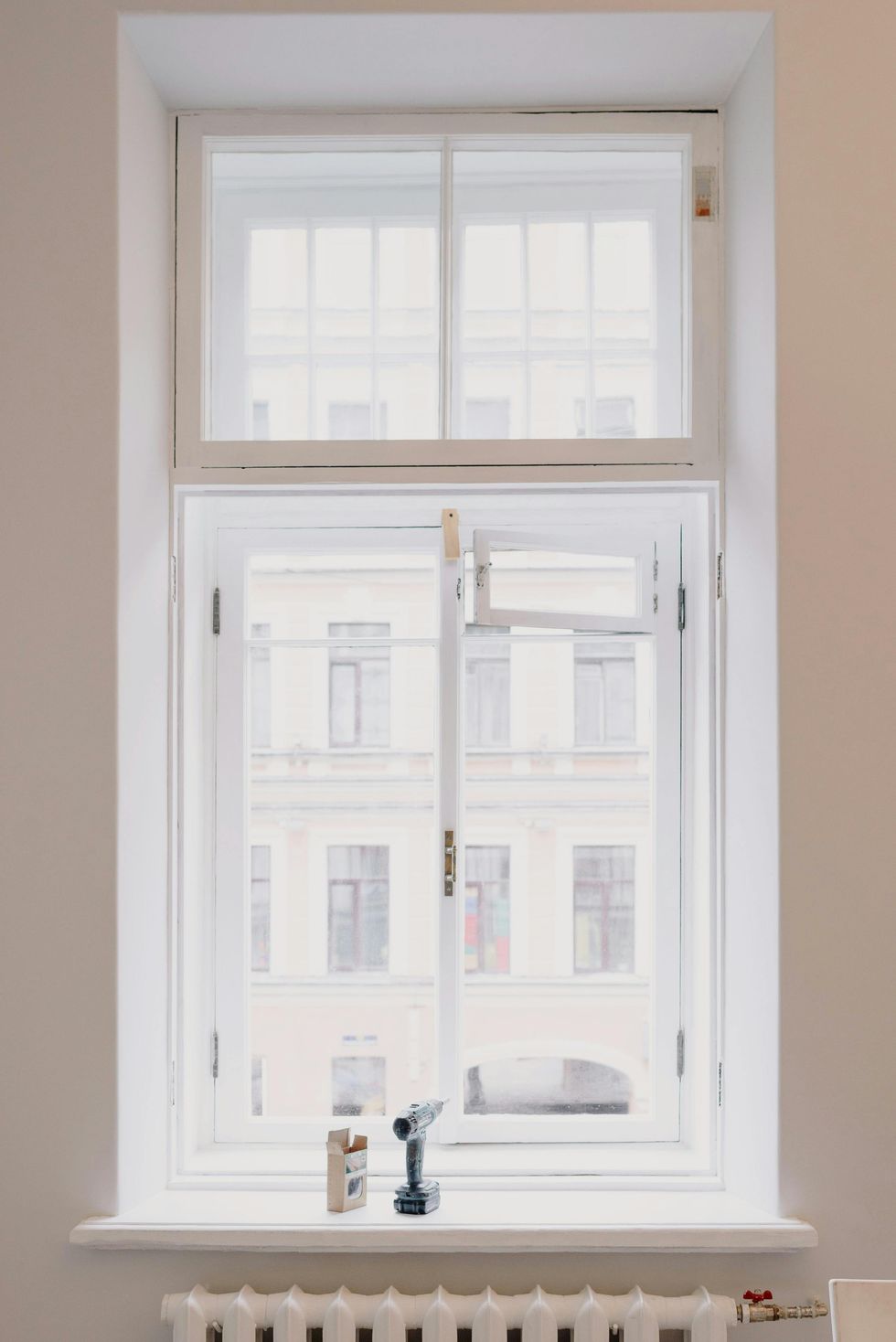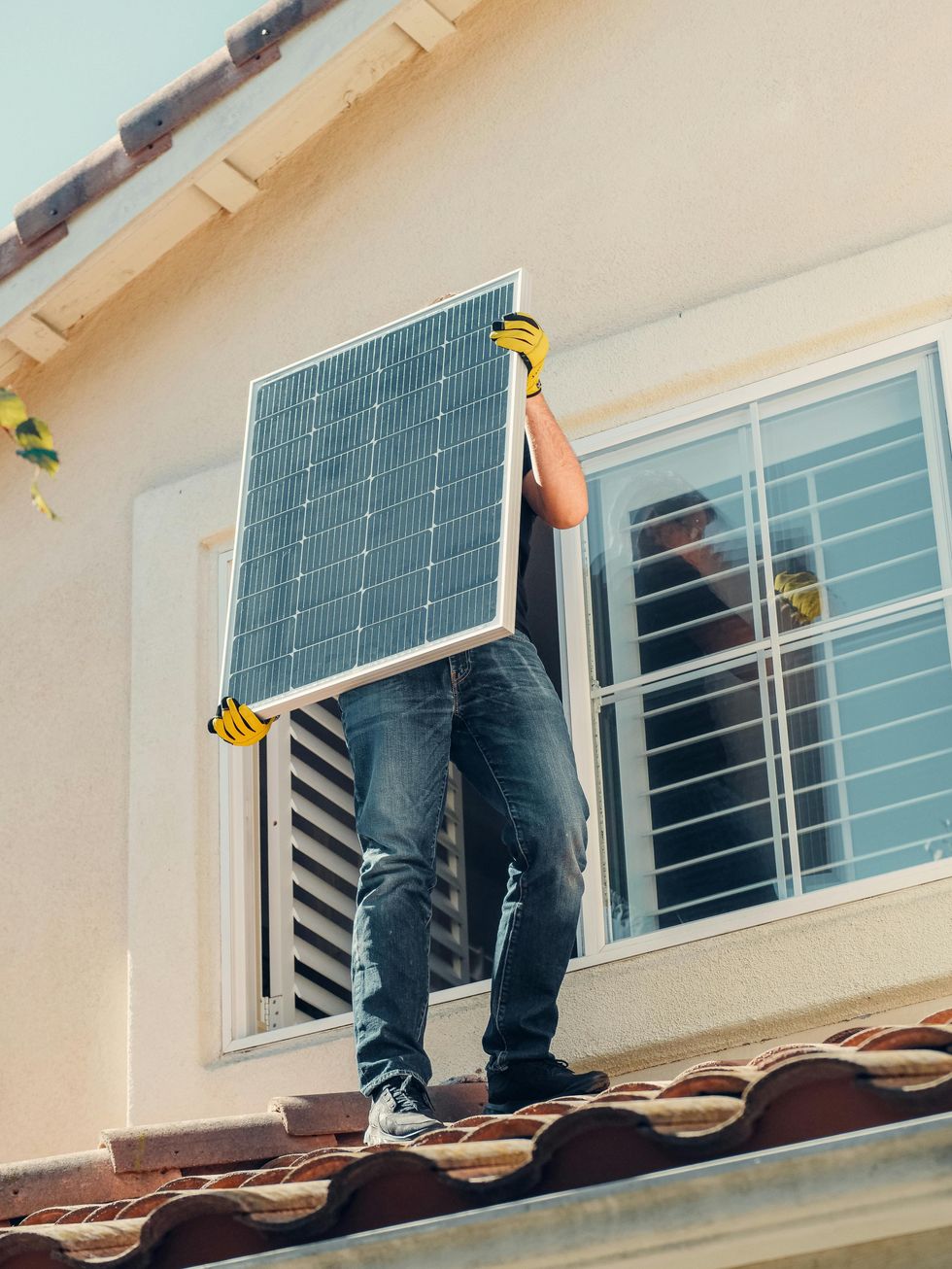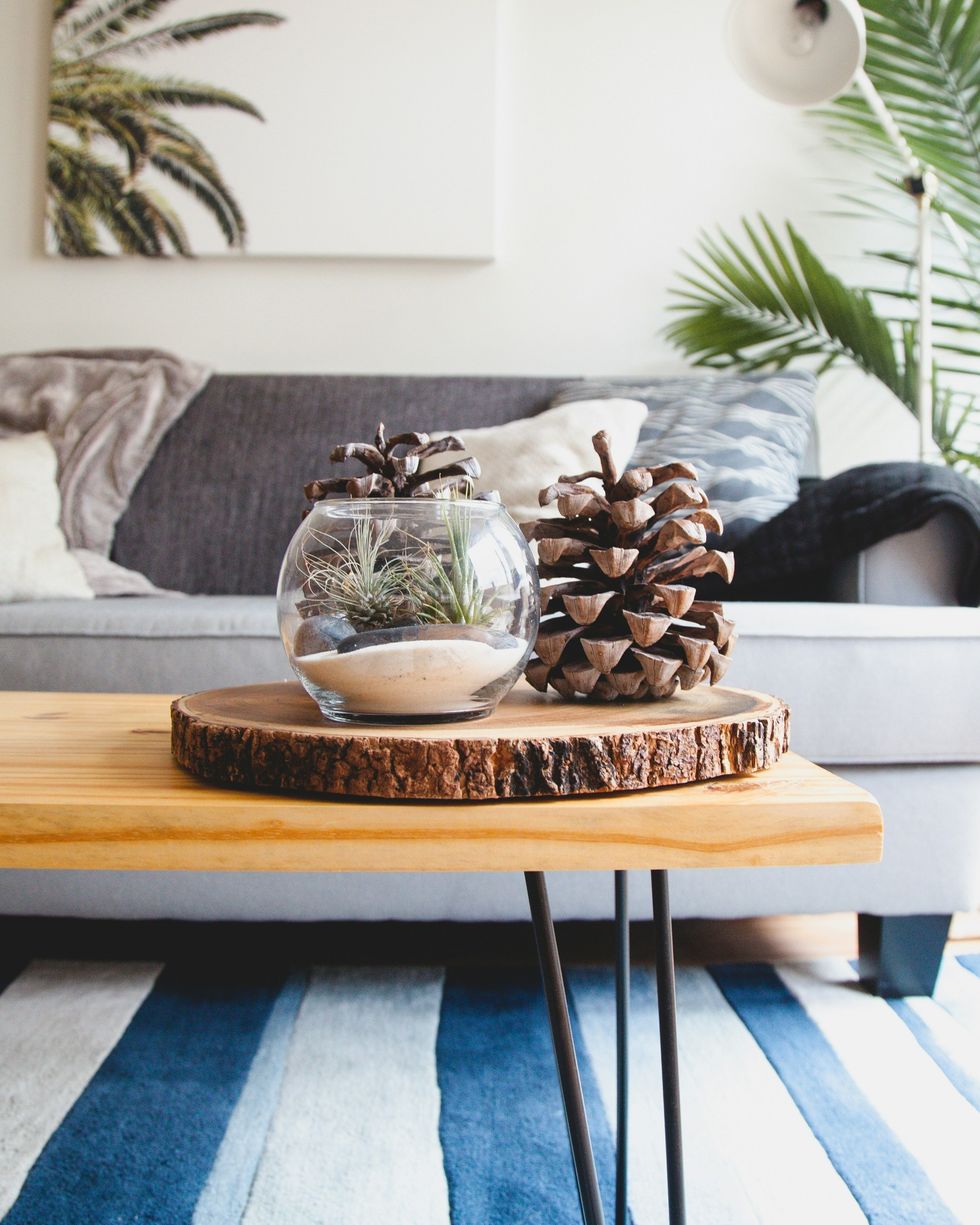IYKYK.
13 Secrets Every First-Time Homeowner Needs to Know (Before It’s Too Late)

Theresa Gonzalez is a content creator based in San Francisco and the author of Sunday Sews. She's a lover of all things design and spends most of her days raising her daughter Matilda.
Buying my first home was a crash course in the unexpected. There’s so much you don’t know until you’re in the thick of it — piles of (actually important) paperwork, surprise maintenance and repairs, hidden costs that can throw off your budget, and navigating regulations you didn’t even realize existed. And through it all, there’s the excitement of finally owning a space you can truly call your own. As a home writer and enthusiast, I couldn’t wait to redesign my space in my cozy Scandi-style aesthetic, but I also had to budget for a new water heater, a new roof eventually, and other non-cosmetic but critical upgrades.
To help you on your journey, here are 13 essential tips every first-time homeowner should know.

Karolina Grabowska/Pexels
Prepare for Hidden Costs
Beyond your mortgage, you'll need to pay property taxes, which can run in the multiple thousands each year, home owner's insurance, and maintenance for things like your HVAC (heating and cooling system), water heater (which can last up to 15 years vs. 8-10 with regular maintenance), and roof. You'll also have to pay for utilities, like water and gas, that you didn't have to as a renter. Make sure to set aside 1 to 3 percent of your home’s purchase price annually for unexpected repairs like plumbing issues or roof leaks. You also have to pay for your trash pickup and recycling. Create a budget to avoid surprises and save for a rainy day – that hopefully doesn't lead to a leaky roof.;)

Photo by Andres Ayrton
Understand Your Home Insurance Policy
It's important to know what your homeowner's insurance covers, especially if you live in an earthquake and wildfire-prone area like me. Consider additional coverage for floods or earthquakes or other location-specific concerns.

Photo by Mikhail Nilov
Create A Maintenance Schedule
Learn the basics of your home’s plumbing, electrical system, and HVAC, like where they are! Locate the main water shut-off valve and circuit breaker box, and create a maintenance schedule for tasks like changing HVAC filters (every three months recommended), cleaning gutters (every spring and fall), and servicing your appliances, plus when the warranties run out.

Shutterstock
Have Recommended Contractors On Hand
There's nothing worse than having a plumbing problem and not actually having a plumber on call to fix it. NextDoor is a great resource for finding recommended electricians, plumbers, and other contractors to fix things that you can't. My neighbors knew exactly who to recommend and it was easy to connect with the right people (and avoid the wrong ones).

Photo by Clarisse Meyer on Unsplash
Get To Know Your Neighbors
Before buying, walk around the neighborhood to get the vibe. I wish I had chosen a neighborhood with more kids on the block. On the flip side, we are in a very quiet neighborhood! Post-sale, building relationships with your neighbors can help you create a sense of community – and it feels good to know you have extra eyes on your home when you're away. My neighbors have my phone number and we text each other when we're heading out of town and need packages taken inside. We also share goodies from our gardens, have an annual block party, and have friendly chats on the way to our mailboxes. Welcome to 'burb life!

Photo by Nataliya Vaitkevich
Take Renovations Slowly
It's easy to get so excited about renovating and decorating your new home, but I highly recommend taking your time with renovations. I bought a major fixer upper and rushed getting it all done so that it was livable, but now I wish I had been more thoughtful about certain choices, and bargain-shopped a little more. Some things definitely could have waited. Live in your home for a while, get to know it better, before making major changes. Your budget will thank you!

Photo by Ksenia Chernaya
Invest In Good Repair Tools
This is a good time to invest in a quality toolkit (hammer, screwdriver set, drill, and tape measure...) and hand drill because there will be many times in your role as a homeowner that you'll need all of the above and you'll be grateful you have them on hand.

Photo by Helena Lopes
Check Your Safety Features
Make sure to install smoke detectors and carbon monoxide alarms, and note on your calendar to change the batteries every 6-12 months. If you decide it's right for you, you'll want to install a home security system too.

Photo By: Kaboompics.com
Keep a File for Important Documents
There is so much paperwork your first year of homeownership. Store warranty information, receipts, and maintenance records in an easily accessible place. If you're renovating, there are also permits you'll need to keep on file. And of course, you'll want your title, deed and mortgage docs in a secure place that you'll remember!

Photo by Kindel Media
Know Local Regulations
Speaking of permits, before I had the windows replaced in my home, I checked with the county office online to make sure I didn't need a permit to do so. Turns out, the county had different rules than the city (I had moved from the county limits to the city limits), which did require a permit. I will spare you the story of an inspector coming by just as we were installing the last window! This is all to say, make sure to check local ordinances or your HOA (Homeowner Association) rules that might impact any changes, like fencing, landscaping and upgrades, you decide to make to your property.

Photo by Samson Katt
Improve Your Energy Efficiency Early
Upgrading to energy-efficient appliances, windows, even solar if it makes sense for your home, can help reduce your utility bills and overtime pay for themselves.

Photo by Gustavo Fring
Plan for Landscaping
Yard maintenance requires you to invest in tools or services for mowing, planting, and upkeep. If you consider the cost of your time, it's often cheaper to hire someone to do regular yard maintenance. Also, as you upgrade your landscaping, consider choosing low-maintenance plants and trees. After adding just a small bit of lawn and irrigation to maintain it, my water bill was a bit of a shocker!

Photo by Dane Deaner on Unsplash
Take Advantage of Tax Deductions
Either find a tax expert who can help you with your taxes, or research deductions or credits available to homeowners, such as mortgage interest or energy-efficiency upgrades. It's money you can use to cross things off your inevitable wish list!
Subscribe to our newsletter for more home advice and inspo!



















